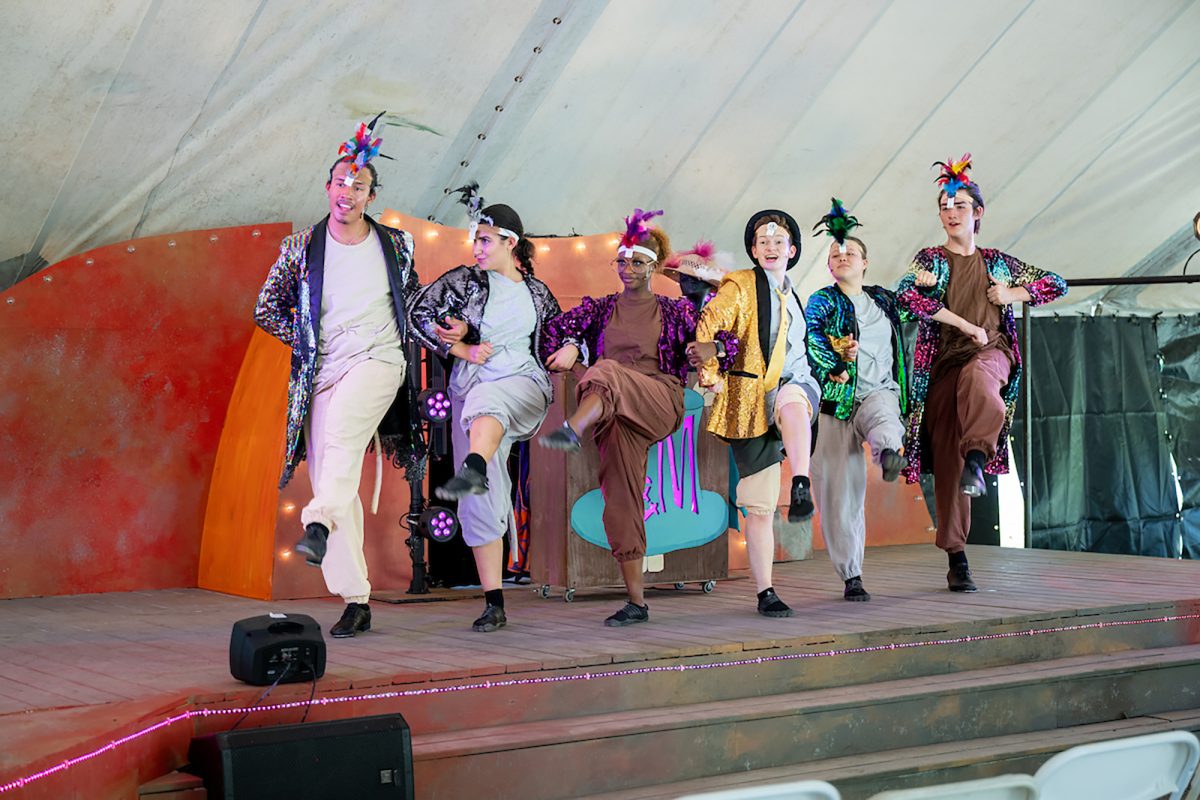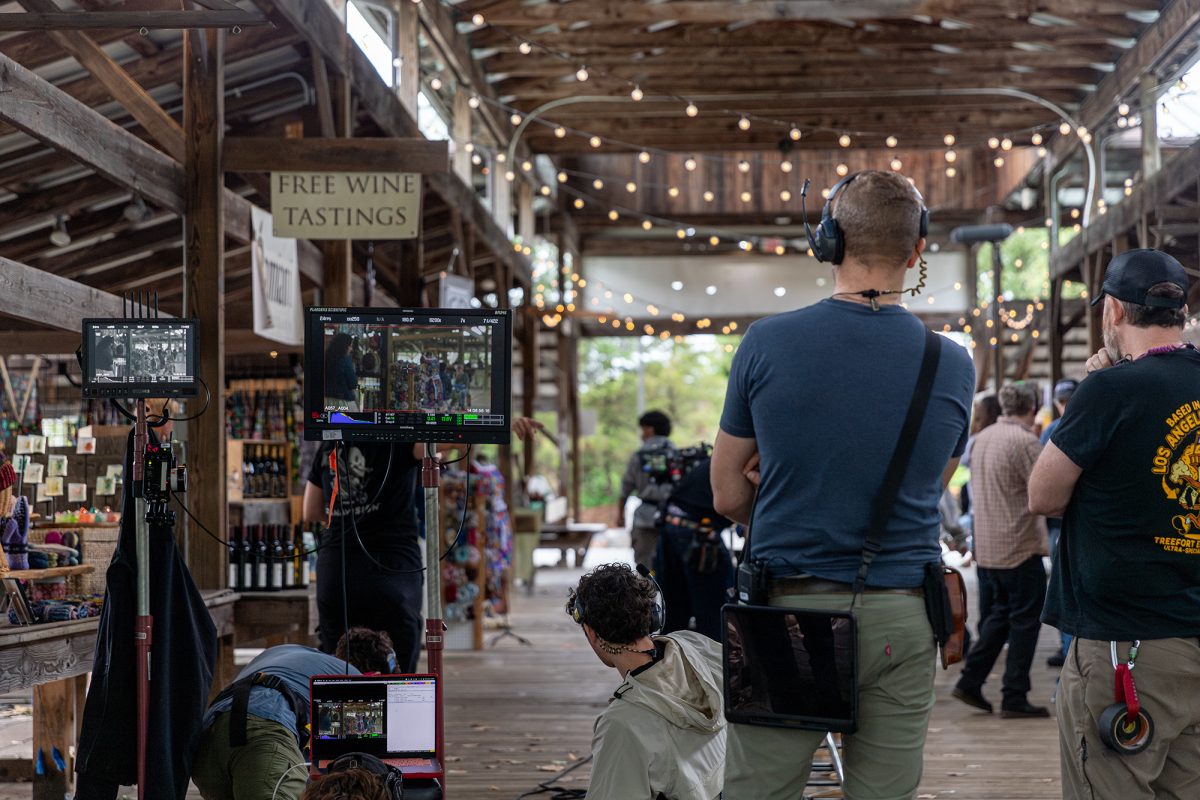For the first time this year, a ZAP Panel is being held solely for faculty and staff.
ZAP Panels are one of several lesbian, gay, bisexual and transgender programs the college has in place. During these events, student panelists affiliated with the LGBT community answer questions and share experiences with an audience. A ZAP Panel is being held for faculty and staff at 2:30 p.m. Dec. 3 in the Center for Faculty Excellence.
Senior Matt Dankanich, student coordinator of the ZAP Panels, said there are usually five to seven students on the panel who answer questions and speak from their own experiences. He said panels are most commonly requested by professors for their classes as well as for faculty and staff groups as professional development.
While the panels are affiliated with LGBT organization PRISM, the students work mainly independently. Luca Maurer, program director for the Center for LGBT Education, Outreach and Services, said the panels existed long before he came to the college. He said when he came to the school, he asked the panelists if they’d like him to take over and they declined, preferring to keep it for their own.
For the upcoming ZAP Panel, Dankanich said he came to Maurer with the idea of hosting one for faculty and staff. After hosting panels for classes, Maurer said professors might feel like they have to be the authority in the room, making them unable to ask questions they may have. They further developed the idea under the premise of wanting faculty to have a safe space to discuss and ask questions without the pressure of being in a possibly uncomfortable setting, he said.
“It’s a good thing for faculty because there’s not much of an opportunity for them to ask questions in class, but it also shouldn’t be any individual LGBT-affiliated students’ jobs to educate their teacher,” Dankanich said. “I think that’s with any minority status, but it shouldn’t be my job to go into my classroom and while my professor’s teaching me I now have to teach them how to interact with a trans person or how to talk about it. That’s not my job as a student. That’s my job as a panelist.”
Maurer said he reached out to the Center for Faculty Excellence to see if it would be interested in holding the panel as a type of professional development for interested faculty members. Wade Pickren, director of the Center for Faculty Excellence & Sponsored Research, and Maurer then proceeded to set the event in motion.
“Since almost all of these happen in a classroom, in a residence hall or in some student leadership capacity … We were brainstorming and thought, ‘Hey, students have a lot of opportunities to get information and ask questions in a setting that’s very supportive, but faculty, usually it’s their class, so they might not be comfortable with asking questions,’” Maurer said. “Faculty don’t really have as many opportunities in a space that’s created for them with the same parameters that students do.”
Pickren said he has a strong commitment to the educational development of all faculty members, whether they are involved with teaching students or with student life. As a life learner himself, he said there is much to be gained from the student perspective.
“First of all, faculty need to know what the student experience is and to hear about it from a different angle than having students sitting in a classroom,” Pickren said. “In some ways, you might say it’s about educating the faculty. When Luca asked me about the ZAP program as a way to reach more faculty and staff, I thought, ‘This is perfect’ because it fits in with how I perceive the mission of the center as a place that provides educational opportunities for everyone.”
Maurer said they tried to write an open-ended event description with the hopes that people will bring questions to the event on whatever they’d like to learn more about. He said this panel was created to be a supportive environment for all faculty and staff who want to learn. From past ZAP Panels, the majority of feedback has been strongly positive, with students saying the experience was moving and helped them better understand LGBT issues, he said.
“I think we learn through each other,” Pickren said. “This is a great opportunity, and I hope this is something we can do every year. We really look for things that resonate with people, and that’s something that changes from year to year, but I think this is a topic that will really resonate with faculty.”
Dankanich said he hopes many professors attend the event in order to learn from it. He said ZAP Panels are meant to be a safe space for everything, and attendees should come with questions they might have been hesitant to ask before.
“As a trans student on this campus who gets to go to many of these panels as a moderator and a panelist, I hope lots of professors go,” Dankanich said. “Especially as an underclassman you can feel so powerless when you get here and your professor says something offensive or makes a microaggression in class and you don’t know what to do. I really want to get [professors] here and say, ‘Hear us. Hear what’s being said.’”














